Stories
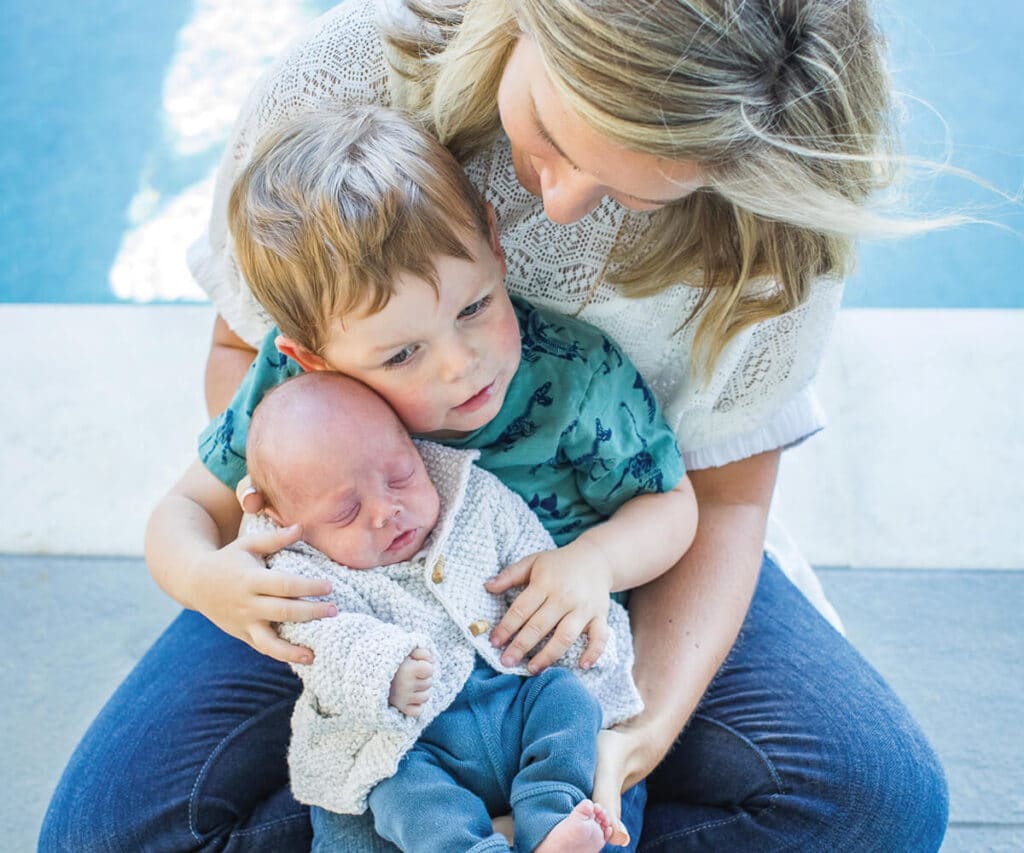
“A dedicated and compassionate caregiver at St. Joseph Hospital for decades, Melvin Schwartz and his wife demonstrated their friendship and support for the Hospital by establishing a legacy through a generous charitable planned gift.”
OB-GYN Staff Deliver for the Kilmartins
There was nothing to signal that Caroline Kilmartin, a healthy 32-year-old mother to 2-year-old Calen, would have any problems with her second delivery. Twenty-eight weeks pregnant with another son, Caroline and her husband, Lorcan, were busy preparing and enjoying time with Calen before the new baby arrived. And that would be months down the road. Or at least that’s what they thought.
On the morning of September 10, though, Caroline woke with abdominal pain and nausea. “At first I thought it was something I ate, no big deal,” she explains. When the pain worsened, she phoned her doctor, who told her to go to the emergency room. By then, Caroline’s pain was so severe that Lorcan called an ambulance. The Kilmartins had planned to deliver at Cedars-Sinai, where Calen was born. Caroline pleaded with the ambulance driver to take her there.
“The paramedics told me they had to take me to the nearest hospital, which was Little Company of Mary,” says Caroline. “At first, I wanted to go to my hospital. Now, of course, I know that decision saved my life.”
Caroline was greeted at Providence Little Company of Mary Medical Center Torrance by the Special Forces of labor and delivery – the laborists – a honed medical team expert at emergency and high-risk delivery. OB-GYN Fataneh Amidi, MD, was on the front lines that morning.
“By the time Caroline came in, she was barely responsive,” says Dr. Amidi. “She’d had a normal pregnancy and delivery with the first baby. This pregnancy had been going great and she was a healthy young woman.” Later Dr. Amidi would reflect that Caroline’s previous health status, in fact, essentially helped disguise the patient’s dire condition. “When you’re young and healthy, your body will compensate for what’s going on until it just can’t any longer.”
What was going on, though, remained a mystery. At first exam, nothing could account for what Dr. Amidi saw. “Here was this young mother who was pale and nearly unresponsive.” Caroline says the pain was so extreme that she couldn’t process it and she felt like she was in and out of consciousness. “We did an ultrasound and saw some fluid in the abdomen but nothing that would definitively tell us what was wrong with the patient,” says Dr. Amidi.
No surgeon wants to deliver a baby at 28 weeks, a full three months before the due date and perhaps before the baby’s organs are fully developed. But sometimes their hand is forced.
Dr. Amidi, using her vast clinical experience, made a life-saving judgment call. “The only thing I could conclude was that Caroline may be bleeding internally,” explains Dr. Amidi. “I made the decision to do surgery because I knew that if we didn’t act right then, both lives—the mother and the child’s—could be at risk.”
Indeed. Once surgery began, Dr. Amidi and her team—including nurses, an anesthesiologist, and a neonatologist—discovered a 10-centimeter uterine rupture, an extremely rare medical emergency where life or death can be chalked up to a matter of minutes. Dr. Amidi made the right call. Caroline had lost 4.7 liters of blood, almost her entire pre-pregnancy blood volume. (When pregnant, women have extra blood.) She would immediately require massive transfusions of blood and blood products.
“This is the kind of blood loss you see in something like a gunshot wound,” says OB-GYN Mimi Hong, MD, director of the laborists program at Providence Little Company of Mary Torrance. “When you’re young and healthy, your body compensates for blood loss. So Caroline’s blood pressure looked okay, her pulse looked okay. There weren’t any rapid signs of deterioration. The body just compensates until it’s devastating.”
Providence Little Company of Mary’s laborists, an around-the-clock team of obstetrician-gynecologists stationed in the hospital to exclusively treat women in labor and respond to obstetric emergencies, are well trained in even these rarest OB-GYN emergencies.
But there are emergencies and then there are emergencies. Dr. Amidi says that in 25 years of practice, Caroline’s situation was one of the most acute obstetric emergencies she’s handled.
“Thank goodness I was there in the hospital, ready to treat her. Thank goodness our whole staff is highly trained in these kinds of emergencies. Five minutes later and the outcome could’ve been totally different.”
Since its beginning in 2010, Dr. Hong says the laborist program at the Hospital has expertly dealt with a fair number of true emergencies like uterine ruptures and amniotic fluid embolisms, another potentially life-threatening labor complication. “We’ve been able to have great outcomes even with conditions that traditionally haven’t always ended that way,” says Dr. Hong. She adds that it’s common for people to believe these days that improvements in medical technology are what saves lives. But having dealt with her fair share of medical emergencies, Dr. Hong remains a fan of highly trained medical professionals. “There is quite simply nothing that beats having a team of well-trained and well-practiced OB-GYN experts here, always working and always prepared for even the rarest emergency. If you want to save lives, it’s essential.”
On September 10, it certainly made a difference. Lorcan says it was sheer terror, something he’ll never forget. He thought he’d lose his wife and unborn son. But Dr. Amidi delivered Cass Wilder Kilmartin by cesarean section at 9:30 a.m. The nurses, says Dr. Amidi, swore that protective angels must’ve paid them a visit that day. Cass, of course, was premature. He weighed a mere 2 pounds, 12 ounces and was admitted to the medical center’s Neonatal Intensive Care Unit (NICU). Caroline, her life hanging in the balance, underwent a successful surgery to stop the bleeding and repair the uterine rupture.
“When I woke up, I assumed I’d lost the baby,” says Caroline. “I was shocked and had this moment of inexplicable relief when Lorcan told me that he’d survived. It’s nothing you can really explain.” Because she was so ill, Caroline didn’t get to see Cass until four days after he was born.
“Initially, this made me really sad. It was so unlike the first birth where my son was put on my chest immediately afterward. I guess since I was in great health I assumed I would have a normal delivery and was looking forward to holding the baby after birth. Pretty quick, though, I realized I had to be grateful that I was alive and my baby was alive. We made it and we’re okay,” says Caroline, who was released from the hospital five days later. She says that physically she’s recovered well and day by day she’s also recovering emotionally from the harrowing experience. “It takes a while to get over an experience where you nearly die and your unborn baby is in real jeopardy,” she says. But she’s doing well and so is baby Cass.
Caroline and Lorcan’s parents, from Toronto, have taken shifts here in Los Angeles. “One set of parents comes for two weeks and then the other set,” says Lorcan. They help the family care for Caden while Caroline makes multiple NICU visits daily to feed and care for the baby. Cass is now breastfeeding—a great sign that he’s progressing well. Lorcan also makes daily hospital visits, often leaving early from the office of the Brentwood investment firm where he works. His supervisor wouldn’t have it any other way. “My boss also had a baby at 28 weeks, which I suppose is a kind of an unusual coincidence. He’s been extremely helpful and always tells me ‘Leave early. Go to the hospital. See your son.’”
Cass has now more than doubled his birth weight, and the Kilmartins recently were able to take him home — a month ahead of schedule. Caroline and Lorcan say they attribute a large part of their happy ending to the amazing nurses, occupational/physical therapists, chaplain and doctors at the NICU. “Not only did they take great care of Cass in those two months, but they were very supportive to me and taught me a lot about caring for a premature baby,” says Caroline. “I was lucky and I gained so much from this frightening experience that I can’t look at it terrified anymore.” Nonetheless, the new mom is looking forward to fewer visits with doctors and more time adjusting to life as a family of four.

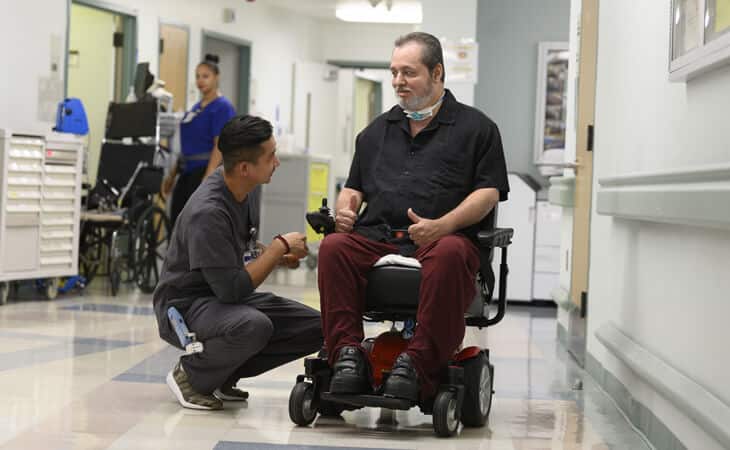

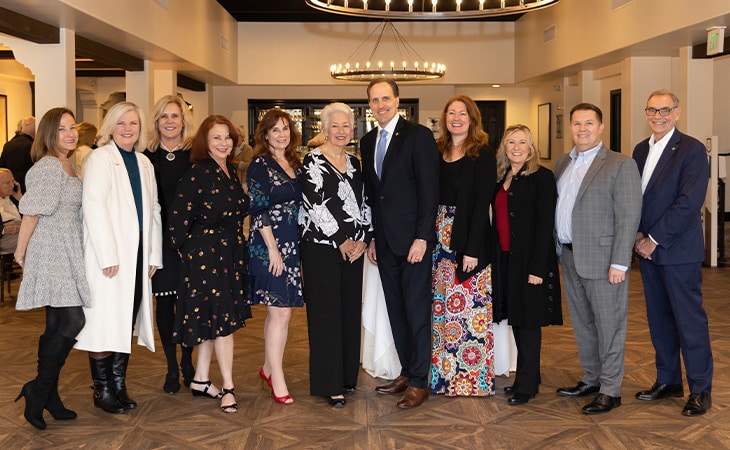
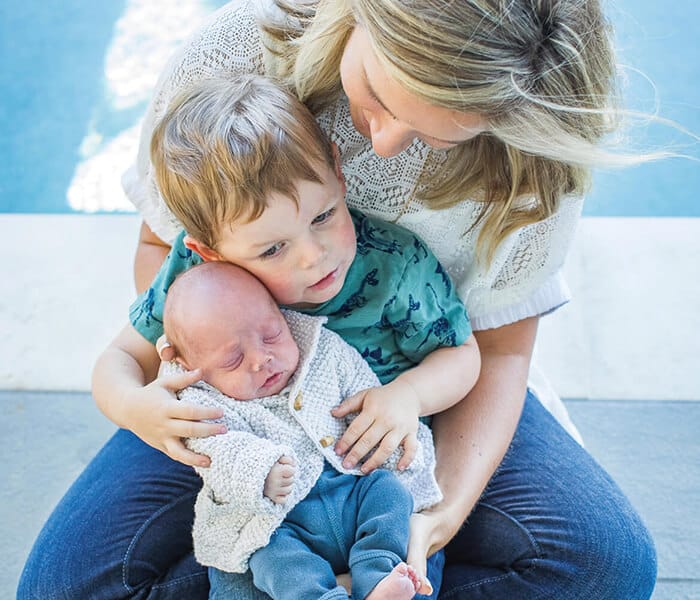



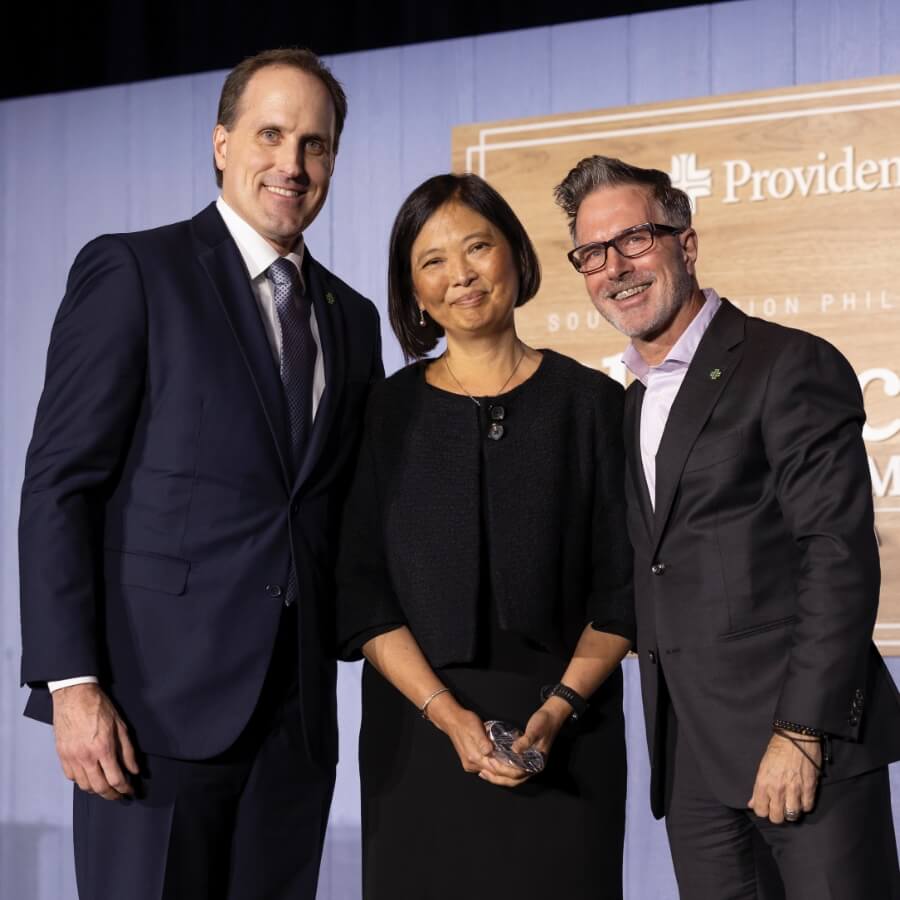




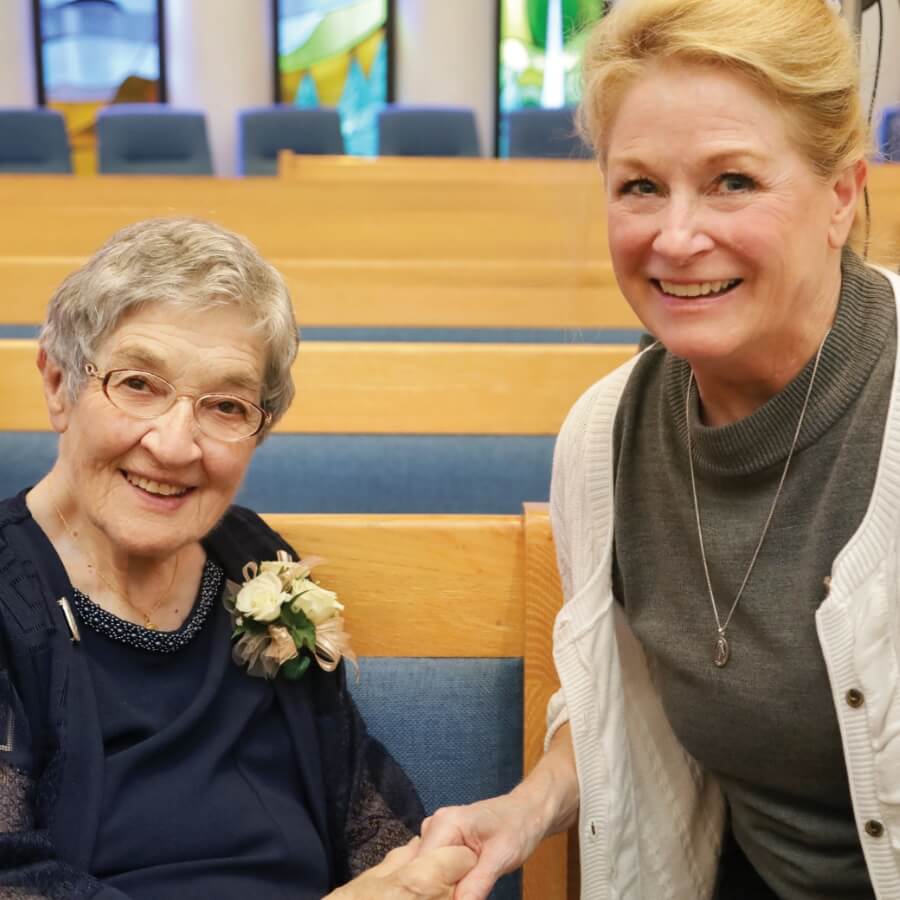
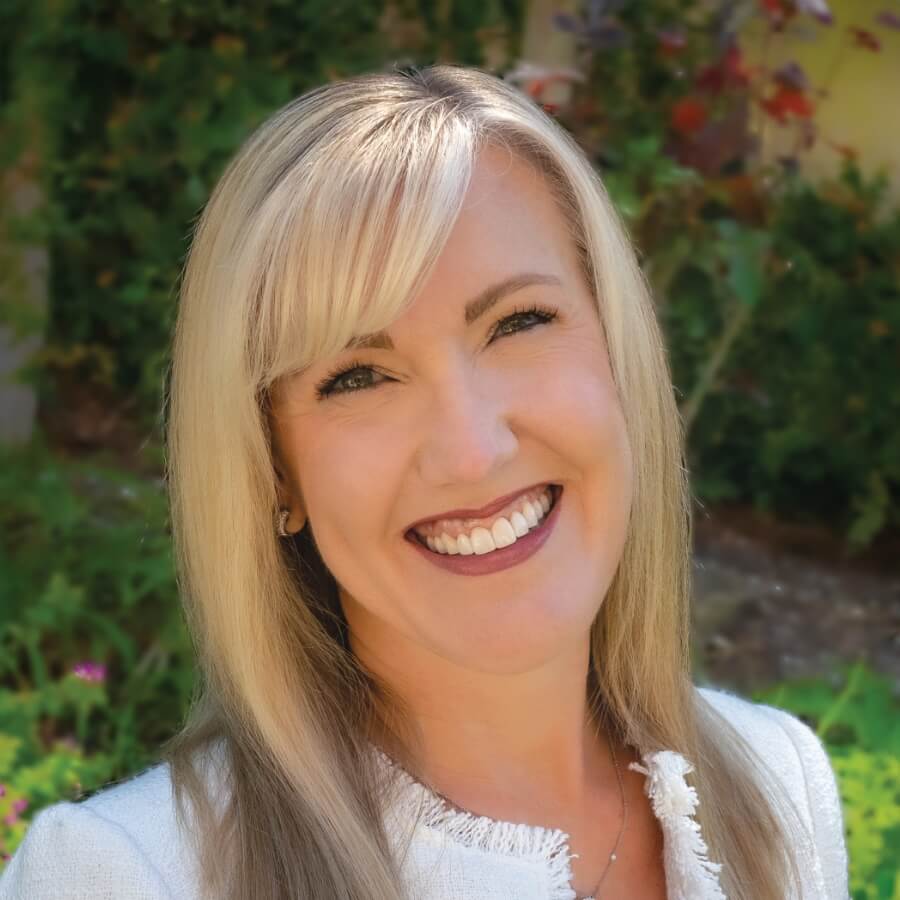
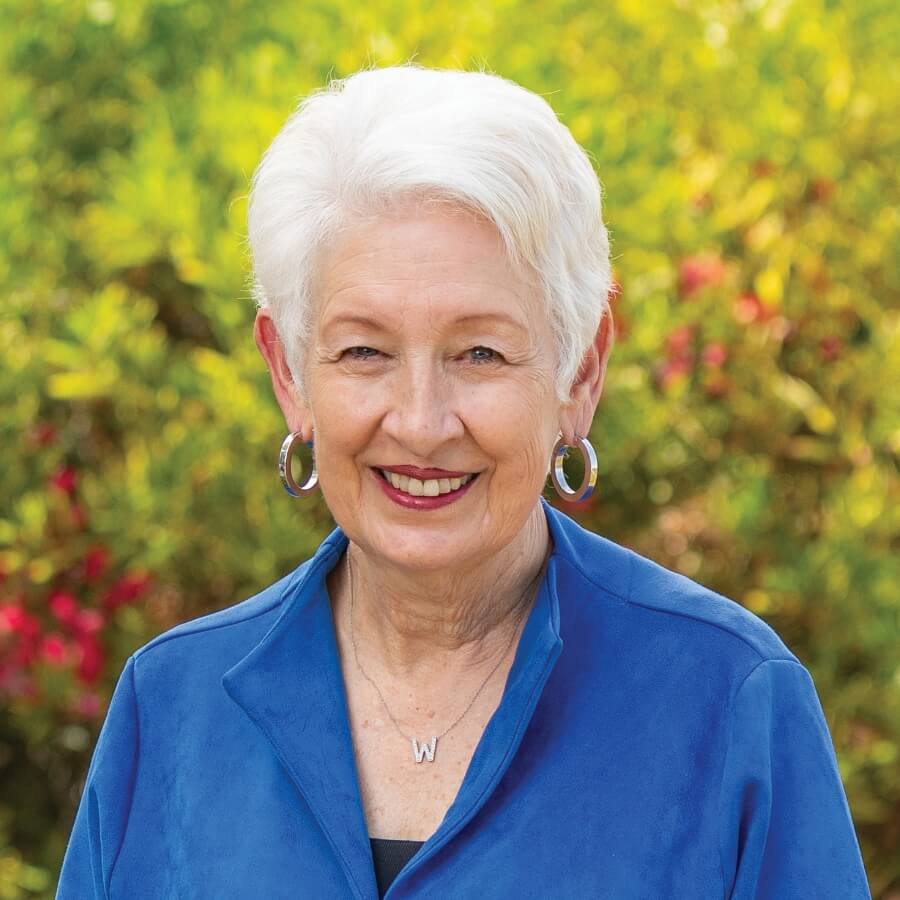

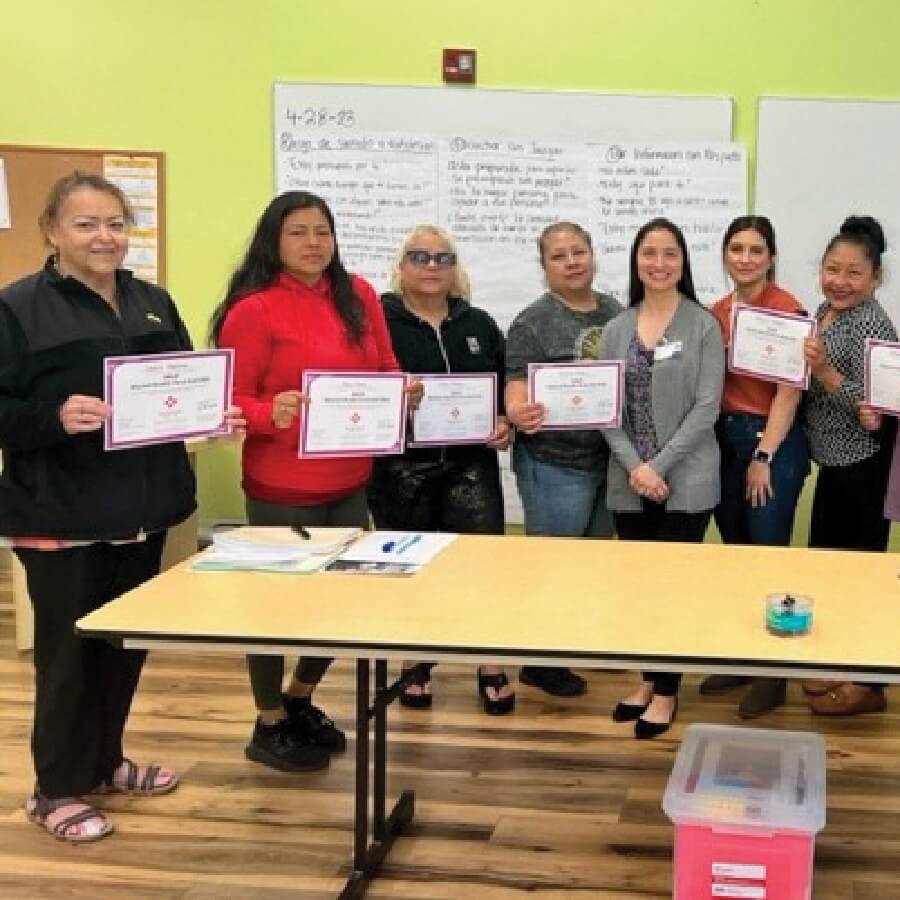
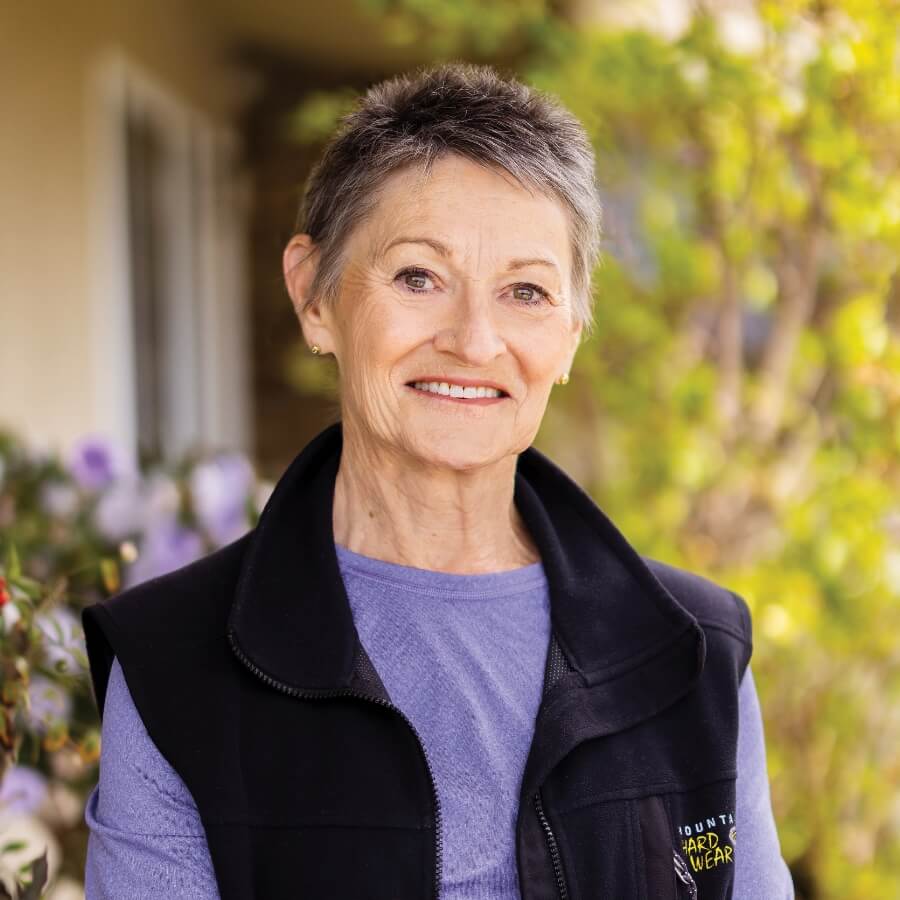
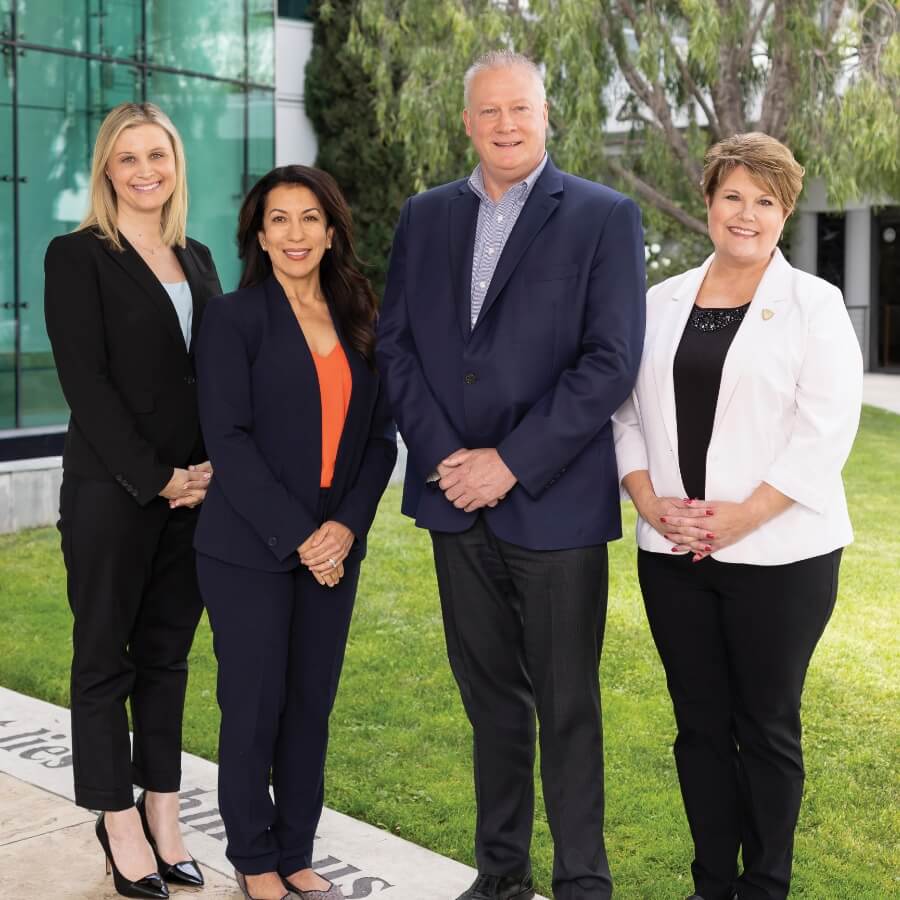
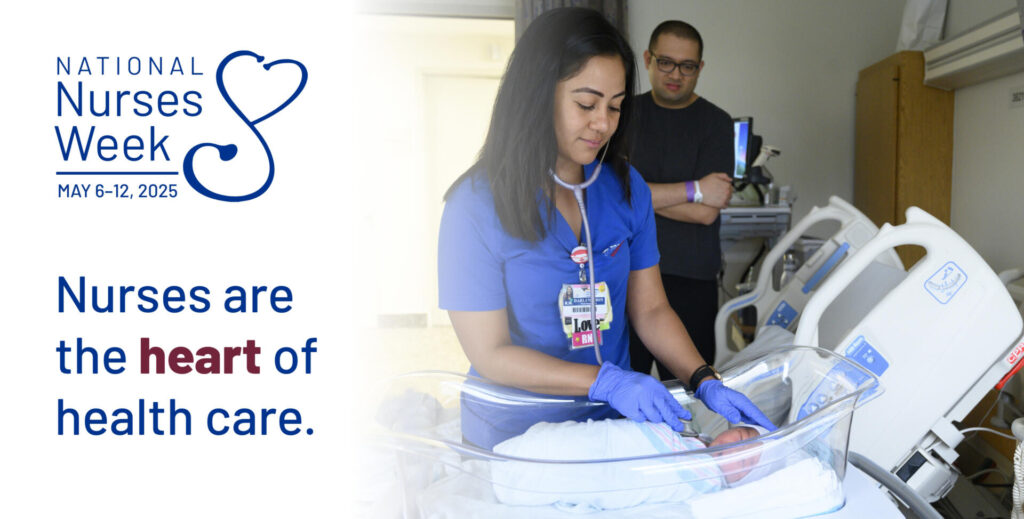
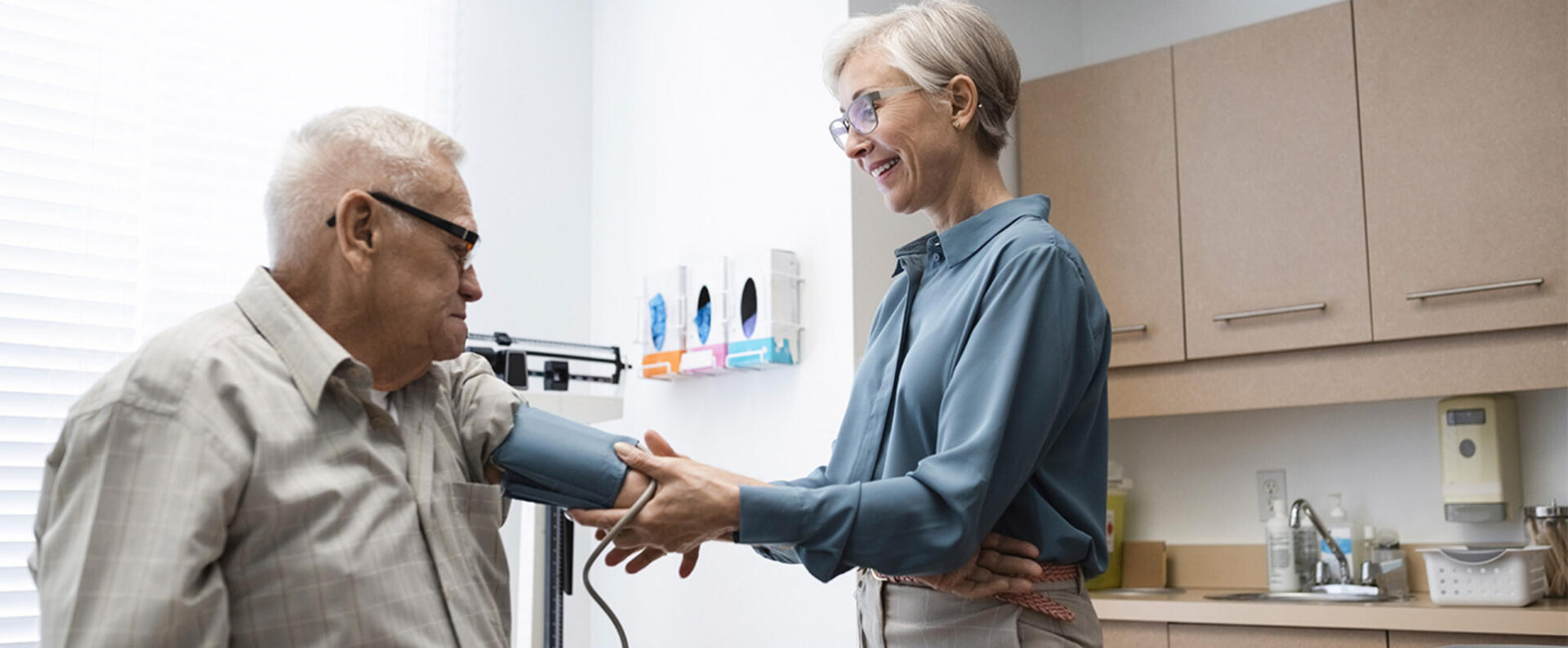



Share